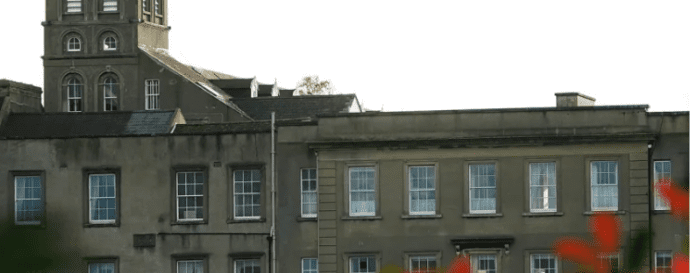In a profound acknowledgment of past atrocities, Ireland has recently come to terms with the widespread sexual abuse that occurred within its religious-run educational institutions. A scoping inquiry, released in early September 2024, has documented nearly 2,400 allegations of sexual abuse across 308 schools, implicating 884 individuals, many of whom were teachers and priests. This revelation has added another dark chapter to Ireland’s history of Church-State relations, highlighting a systemic failure that spanned from 1927 to 2013.
Details of the Abuse: The report, described as harrowing by Minister for Education Norma Foley, detailed accounts of survivors who experienced not just sexual abuse but also “ferocious violence,” often in an atmosphere of terror and silence. The survivors, now mostly in their 50s to 70s, spoke of pervasive abuse that often went unnoticed or was actively covered up by senior figures within the religious orders. This culture of silence was perpetuated by the deep integration of the Catholic Church into Irish society, where the Church’s power was nearly absolute, leaving victims with no one to turn to.
Impact on Survivors: The long-term effects on survivors are profound, with many suffering from mental health issues, relationship failures, and addiction. The abuse has also influenced life decisions, with some choosing not to have children or experiencing difficulties in parenting due to the trauma. The societal impact is equally significant, with many survivors feeling alienated from religious practices and community events, further isolating them from potential support networks.
Government and Church Response: Following the report, the Irish government announced plans for a commission to delve deeper into these abuses and to establish a redress scheme. However, the response from religious orders has been mixed, with reluctance to contribute financially to redress schemes, echoing their stance on previous compensation efforts like those for survivors of the Magdalene Laundries and Mother and Baby Homes.
Public Sentiment and Calls for Justice: The revelations have sparked a national conversation on accountability, justice, and the role of the Church in Irish society. Public sentiment, as reflected in various platforms including X posts, shows a demand for not just financial compensation but also a formal apology and acknowledgment of the Church’s role in these abuses. The Vatican, while acknowledging the harm, has emphasized its commitment to preventing future abuses, yet this has not quelled the calls for more concrete actions from religious authorities.
Conclusion: Ireland’s confrontation with its past through this inquiry marks a critical step towards healing and justice for survivors. However, the path forward involves not only legal and financial redress but also a cultural shift towards accountability, transparency, and the reevaluation of the Church’s influence in education and society. The ongoing discourse and actions taken in response to these findings will define Ireland’s commitment to rectifying its historical wrongs and ensuring such abuses are never repeated.





